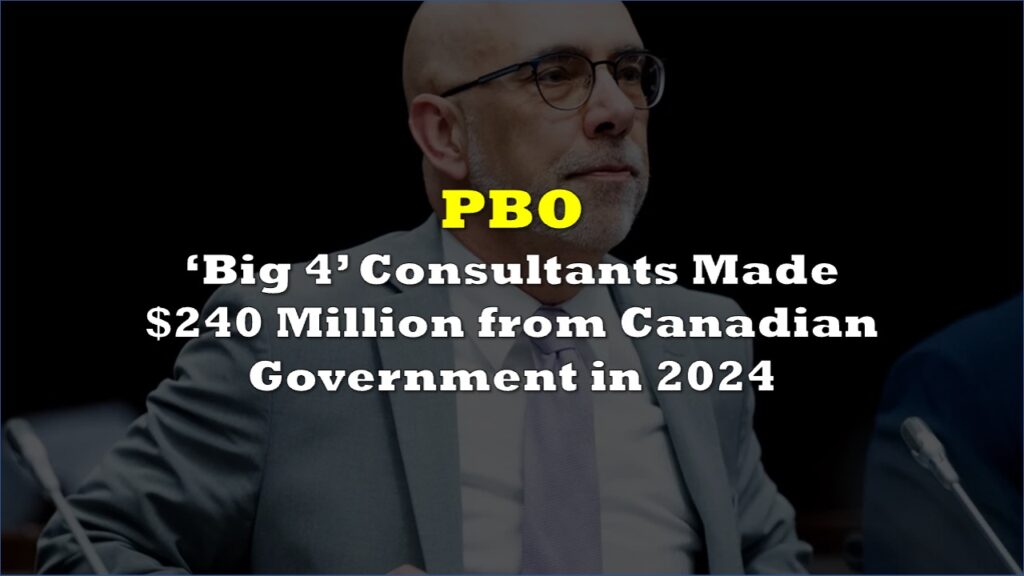In response to ongoing economic headwinds and concerns about potential conflicts of interest, KPMG, one of the world’s leading accounting firms, has announced a second round of layoffs affecting 5% of its workforce in the United States.
This decision comes after a previous reduction of 2% in February and reflects the firm’s efforts to adapt to changing market conditions. With over 39,000 employees in the US, the latest job cuts will impact all areas of the company, including its audit business.
“While our pipeline of opportunities is strong and we continue to win in the marketplace, we are experiencing economic headwinds that are not unique to our business or firm,” KPMG US chief Paul Knopp wrote to staff.
The accounting giant attributes the layoffs to a combination of economic challenges and historically low attrition rates. KPMG’s Chief Executive, Paul Knopp, expressed that although the firm continues to win in the marketplace and has a strong pipeline of opportunities, the current economic climate necessitates a realignment of resources. The reduction in staff departures has created a significant mismatch between the firm’s workforce size and the resources required to deliver services effectively.
“We do not take this decision lightly. However, we believe it is in the best long-term interest of our firm and will position us for continued success into the future,” KPMG said in a statement.
KPMG’s decision to downsize follows a similar trend among consulting firms in the US. Ernst & Young’s US division recently shed 5% of its workforce, and Deloitte also announced job cuts. McKinsey and Accenture have implemented staff reductions as well, signaling a broader trend within the industry.
While the consulting industry continues to grow overall, certain sectors, particularly those related to mergers and acquisitions, have experienced a decline in demand. Clients are reevaluating smaller projects, and pressure on fees has increased, prompting a reconsideration of when to engage consultants. Surveys reveal that a significant number of professional services buyers have canceled or postponed projects in response to economic uncertainty.
KPMG US schedules last minute meeting for audit, tax & advisory pic.twitter.com/xocTXROd0d
— TB4A.com (@TheBig4Tweets) June 26, 2023
KPMG Australia faces potential conflict-of-interest
In addition to the economic challenges, KPMG Australia has faced criticism and concerns regarding potential conflicts of interest. The firm is said to have been conducting safety and quality audits of aged care facilities on behalf of the government while simultaneously offering consultancy services to those same providers.
While KPMG asserts that it diligently manages all potential conflicts of interest, Senator Barbara Pocock has expressed concerns about this matter during a parliamentary hearing focused on the government’s utilization of consultants.
“In aged care, you are both an auditor of aged care residential services and you are a consultant to those services,” Pocock said. “The conflict of interest is very clear. It’s repetitive. Chinese walls will not protect against it. It is a real concern that this very important separation is not under way.”
This is bigger than PwC and a “few bad apples”. The business model and built in conflict of interest is structural. The public interest should be served by the public service, free from corporate conflicts of interest. Thanks @Henry_Belot https://t.co/RkuqOlJh47
— Barbara Pocock (@BarbaraPocock) June 27, 2023
In response to these concerns, KPMG has initiated an internal review to address the conflicts of interest and ensure proper management of potential ethical issues. The acknowledged the public commentary and expressed a commitment to listening and making necessary adjustments to maintain transparency and uphold the highest standards of professional conduct.
“I need to listen to what we are hearing and make sure that we are doing the right thing,” said the chief of the accounting firm’s Australian arm, Andrew Yates. “We feel we are doing the right thing. Our clients are telling us that we are doing the right thing. We are hearing the comments you have been making. I have asked our risk team to review this to make sure that we are actually doing the right thing.”
The review’s scope and duration remain undisclosed. The government consulting industry as a whole is facing increased scrutiny, following instances of confidential information misuse and potential conflicts of interest.
Government consultancy firms have come under heavy scrutiny following the inappropriate use of confidential tax policy information by fellow consulting firm PwC. This incident has significantly harmed the firm’s revenue and reputation.
As a result, PwC has made the decision to divest its government work, which accounts for approximately 20% of its revenue, by selling it for a mere $1 to save over 1,000 jobs within the company.
Information for this briefing was found via Reuters, Financial Times, The Guardian, and the sources mentioned. The author has no securities or affiliations related to this organization. Not a recommendation to buy or sell. Always do additional research and consult a professional before purchasing a security. The author holds no licenses.






